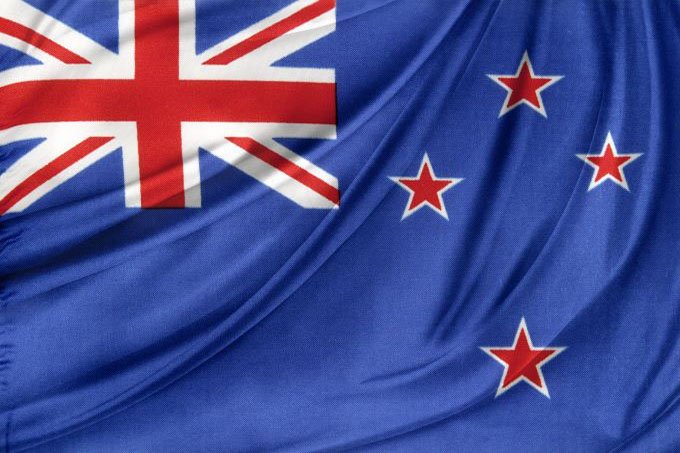 The Reserve Bank of New Zealand announced on Wednesday its decision to leave the cash rates unchanged at 0.25 percent, a decision that is in line with the analysts' expectations. The bank also announced its intention to continue with its quantitative easing program (known as the Large Asset Purchase Program).
The Reserve Bank of New Zealand announced on Wednesday its decision to leave the cash rates unchanged at 0.25 percent, a decision that is in line with the analysts' expectations. The bank also announced its intention to continue with its quantitative easing program (known as the Large Asset Purchase Program).
The bank's quantitative easing program, which involved the government buying around 100 billion in government bonds, is expected to eventually reach its limits, which would leave the bank without conventional monetary policy tools. Regarding this, the bank stated in its report that progress is being made in terms of the bank's ability to use additional monetary policy instruments, among them are establishing negative cash rates, a cheap lending scheme for banks, and buying foreign assets.
"The committee agreed that these instruments can be mutually supportive in bolstering economic activity," stated the bank in its report, "Members also agreed that the alternative instruments can be deployed independently, and noted that the FLP would be ready before the end of this calendar year," it added.
New Zealand's GDP contracted by 12.2 percent in the second quarter, the steepest fall in the country's history, facing its first recession since the global financial crisis. Regarding this, the Prime Minister, Jacinda Ardern commented that her government's efforts to suppress the expansion of the virus early may result in better recovery prospects.
The Australian Bureau of Statistics recently released the preliminary retail sales figure, which showed a 4.2 percent contraction in August (month-to-month), contrasting with the previous month figure, which showed a 3.2 percent expansion.
By 7:09 GMT the New Zealand Dollar dropped by 0.58 percent against the greenback, falling to the 0.6596 level. The Australian Dollar fell by 0.73 percent against the greenback, falling to the 0.7122 level.
Bank of Japan Kuroda: Japan is Showing Signs of Economic Recovery
The Bank of Japan's Governor, Haruhiko Kuroda highlighted that despite the fact that the Japanese economy is going through a very dire situation, there are already signs of economic recovery.
Commenting that the bank will continue with its efforts to support market stability, Kuroda said that the institution is ready to implement additional easing policies if it's needed. The bank has been buying bonds aggressively, with the purpose of keeping the bond markets stable, while aiming to expand its monetary base in order to achieve an average 2 percent inflation level.
The Japanese economy state is expected to improve as the pandemic subsides, while financial institutions are not expected to face severe disruption.
He also praised the role of the government, which has implemented fiscal measures that have aided the bank's moves.
Japan's Ministry of Economy, Trade, and Industry published July's All Industry Activity Index, which stood at 1.3 percent after being at 6.8 percent in June. The figure was below the expectations of the surveyed analysts, who foresaw it to be at 6.8 percent.
By 7:09 GMT the US dollar gained ground against the Japanese Yen, gaining 0.15 percent and hitting the 105.07 level.
